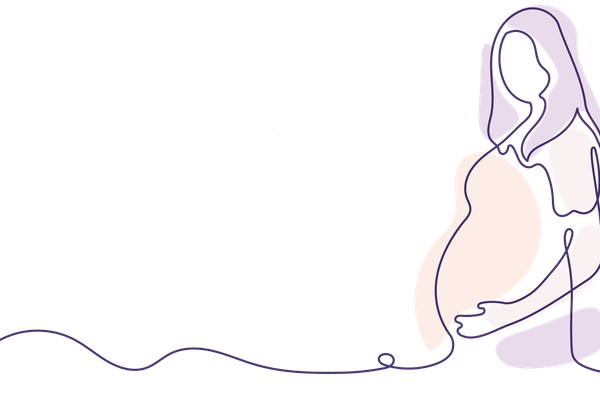It's time to address a common condition: stress urinary incontinence. Although more than 33 million adults in the United States suffer from bladder control issues, many women tend to shy away from this topic. Some estimates say up to one-third of American men and women suffer from urinary incontinence.
Often out of embarrassment, women frequently suffer in silence, keeping it a secret that they leak urine. Because incontinence is rarely discussed in the media and countless victims refrain from opening up to friends, many women assume that they are alone in suffering from this condition.
Symptoms often go unreported and, therefore, untreated. Many people wait years until they finally contact their health care professional. This means years of rejecting invitations to go out, hiding for fear of accidental leaks, anxiety surrounding sexual activity and feelings of isolation and embarrassment. Others who have sought medical help sometimes live frustrated and unhappy with their current treatment, unaware that other options are available.
It is my hope to foster dialogue and bring this issue to the forefront as a topic that we can be comfortable discussing. As an OB/GYN, I see so many women struggling with urinary incontinence. I agree that living with a bladder control problem is not easy, but there is hope. Stress urinary incontinence does not have to continue to rob you of your quality of life.
The basics
First, let's talk about exactly what stress urinary incontinence, or SUI, actually is. It is caused by a weak sphincter muscle and/or pelvic floor. This weakness can cause leakage of urine during moments of physical activity that increase abdominal pressure, such as coughing, sneezing, laughing or exercising. SUI is the most common type of urinary incontinence in women.
Causes
Weakness may occur from pregnancy, childbirth aging, or prior pelvic surgery. SUI does not discriminate; women of all ages suffer from this uncomfortable condition. Risk factors for SUI include chronic coughing or straining, obesity, aging and smoking.
Treatment
If you believe that you are experiencing SUI, you should immediately reach out to your gynecologist so that he or she can assess your situation. You first want to be sure that it is SUI and not another type of incontinence.
Fortunately, bladder conditions are usually treatable, and bladder control can be restored. Urinary incontinence can often be treated with nonsurgical treatments such as bladder retraining and Kegel exercises. There are behavioral modifications that can help treat SUI, such as weight loss, change in diet and the consumption of excessive fluids and smoking cessation. This is typically the first approach. Noninvasive therapeutic interventions should be explored before surgery.
Thankfully, because of increased attention to SUI, incredible progress and innovation have been made in the arena of products for everyday use. For example, Poise Impressa Bladder Supports is an over-the-counter internal product similar to a tampon that helps prevent bladder leaks. Most women reported that the product stopped or reduced their leakage. There are many other products, including various pads and protective garments as well as devices to assist with strengthening pelvic muscles.
Of course, if noninvasive treatments don't work, surgery is an option.
If you're suffering from SUI, please realize that you are not alone and that you have options. I encourage women to discuss this issue with their practitioners. They can provide the help that you so desperately need and want. Talking with your doctor about options and making changes to your routine can help you get the control you need to become more confident and sure of yourself. It's time for you to get back to enjoying your life.
To learn more about Dr. Jessica Shepherd, follow her on Twitter @JShepherd_MD and visit the Her Viewpoint Community on Facebook.






